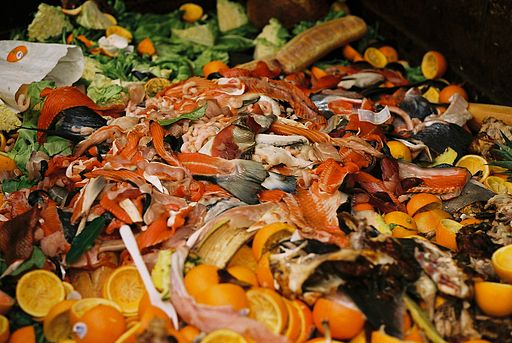
How to increase consumer acceptance of imperfect fruit and vegetables is being examined as part of a European Commission behavioural study on food choices and eating habits.
The research, taking place in the context of part the Milan Expo 2015, is titled “A behavioural study on food choices and eating habits” and its publication expected by the end of this year, according to the European Parliament’s Committee on Petitions.
It mentioned the research in its response to a petition on offering second-class fruit and vegetables in supermarkets. The petitioner, Germany’s Maxie Schlemmer-Schmidbauer, advocated the introduction of rules allowing fruit and vegetables which don’t meet the required standards to be sold in greengrocer’s shops and supermarkets, to prevent them from being destroyed.
Asked to respond, the Commission told the committee that while specific marketing standards remain in place for 10 types of fruit and vegetables, national authorities can permit the sale of all fruit and vegetables, regardless of their size and shape. “Member States can allow shops to sell products that do not respect the standards as long as they are labelled appropriately so that consumers can differentiate them from those categories defined by marketing standards (e.g.: ‘extra’, ‘class I’ and ‘class II’ fruit),” it said.
In its conclusion, the committee said current EU rules permit Member States to allow the marketing of misshapen fruits and vegetables provided that their presentation is not misleading for consumers. ”In co-operation with Member States and stakeholders, the Commission aims to promote good practices to prevent food waste including social innovation to facilitate use of misshapen fruit and vegetables in the food supply chain and by consumers,” it said.
Image by Taz [CC BY 2.0 (http://creativecommons.org/licenses/by/2.0)], via Wikimedia Commons
